Home>Gardening & Outdoor>Landscaping Ideas>Why Is Clover Better Than Grass
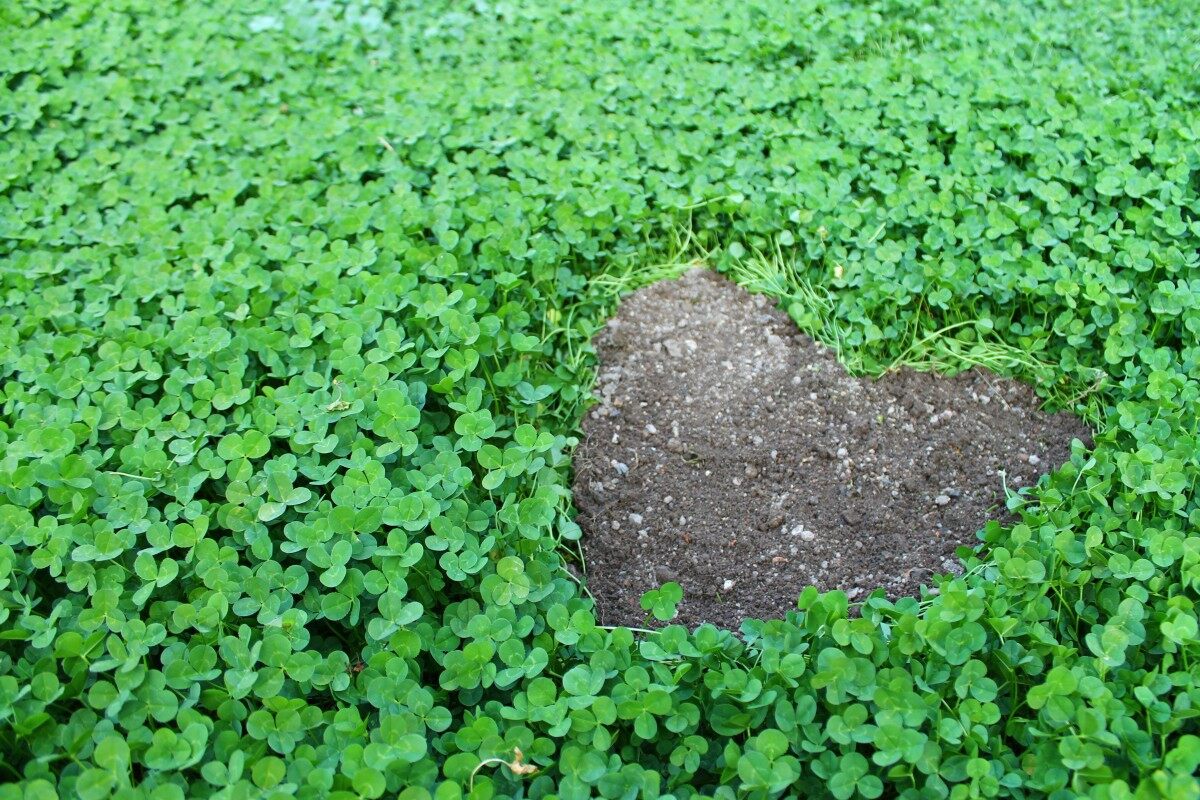

Landscaping Ideas
Why Is Clover Better Than Grass
Published: January 29, 2024
Discover why clover is a superior choice for landscaping over grass. Explore innovative landscaping ideas for a lush, eco-friendly yard.
(Many of the links in this article redirect to a specific reviewed product. Your purchase of these products through affiliate links helps to generate commission for Storables.com, at no extra cost. Learn more)
Introduction
When it comes to landscaping, the choice between clover and grass can significantly impact the aesthetics, functionality, and sustainability of outdoor spaces. While both clover and grass have their merits, clover stands out as a versatile and eco-friendly option that offers a myriad of benefits for homeowners and the environment alike.
Clover, often considered a humble and unassuming plant, has been gaining popularity as a sustainable alternative to traditional grass lawns. Its ability to thrive in diverse climates and soil conditions makes it a compelling choice for eco-conscious individuals seeking a low-maintenance and visually appealing landscaping solution.
As we delve deeper into the comparison between clover and grass, it becomes evident that clover's unique attributes set it apart as a superior landscaping option. From its nutritional value and environmental benefits to its appeal to livestock and remarkable durability, clover emerges as a frontrunner in the realm of landscaping choices.
In the subsequent sections, we will explore the nutritional value of clover, its environmental benefits, the preference of livestock for this resilient plant, and the maintenance and durability it offers. By shedding light on these aspects, we aim to provide a comprehensive understanding of why clover surpasses grass as a landscaping staple.
Key Takeaways:
- Clover is a super plant that provides rich nutrients for animals, helps the environment by preventing soil erosion, and even fights climate change by storing carbon. It’s like a superhero for your lawn!
- Clover is a favorite snack for animals because it’s packed with protein, easy to digest, and keeps them healthy. Plus, it’s low-maintenance, tough against drought, and fights off pesky weeds.
Read more: Why Is Grass Better Than Turf
Nutritional Value
Clover, particularly white clover (Trifolium repens) and red clover (Trifolium pratense), is renowned for its exceptional nutritional value, making it a valuable asset in landscaping and agriculture. This resilient plant boasts a high protein content, essential nutrients, and the ability to enrich the soil, setting it apart from traditional grass lawns.
Protein-Rich Fodder
One of the most notable attributes of clover is its high protein content, which makes it an excellent source of fodder for livestock. The protein-rich nature of clover not only supports the health and vitality of grazing animals but also contributes to improved milk and meat production. This nutritional advantage positions clover as a preferred forage option for livestock farmers seeking to enhance the quality of their animal products.
Soil Enrichment
In addition to its value as a livestock feed, clover plays a pivotal role in soil enrichment. Through a symbiotic relationship with nitrogen-fixing bacteria, clover has the remarkable ability to convert atmospheric nitrogen into a form that can be readily utilized by plants. This process, known as nitrogen fixation, enhances soil fertility and reduces the reliance on synthetic fertilizers, thereby promoting sustainable agricultural practices and minimizing environmental impact.
Nutrient Density
Moreover, clover is rich in essential nutrients, including vitamins, minerals, and antioxidants, which contribute to its overall nutritional value. These nutrients not only benefit grazing animals but also have the potential to enhance human health when incorporated into the diet. The dense nutritional profile of clover underscores its significance as a multifaceted landscaping asset that transcends mere visual appeal.
Read more: Why Is Real Grass Better Than Fake Grass
Versatile Application
Furthermore, the nutritional value of clover extends beyond its role as a livestock feed. Its adaptability and resilience make it a valuable component in sustainable landscaping practices, providing an eco-friendly alternative to traditional grass lawns. By harnessing the nutritional benefits of clover, homeowners can create lush and vibrant outdoor spaces while simultaneously contributing to the overall well-being of the ecosystem.
In essence, the nutritional value of clover positions it as a multifaceted and sustainable landscaping solution that offers benefits not only for livestock and agricultural practices but also for the broader environmental landscape. Its protein-rich fodder, soil-enriching properties, nutrient density, and versatile application underscore the unparalleled value of clover in the realm of landscaping and agriculture.
Environmental Benefits
Clover, with its remarkable environmental benefits, emerges as a sustainable and eco-friendly landscaping choice that significantly contributes to the well-being of the ecosystem. This resilient plant, particularly white clover and red clover, offers a myriad of advantages that extend beyond traditional grass lawns, making it a compelling option for environmentally conscious individuals and communities.
Soil Conservation
One of the foremost environmental benefits of clover lies in its ability to promote soil conservation. Unlike traditional grass lawns, clover's extensive root system helps prevent soil erosion by anchoring the soil and minimizing the risk of runoff. This crucial function not only preserves the integrity of the landscape but also safeguards water quality by reducing sedimentation and nutrient runoff into water bodies. By fostering soil stability and mitigating erosion, clover plays a pivotal role in maintaining the ecological balance of the environment.
Biodiversity Support
Clover's contribution to biodiversity conservation further underscores its environmental significance. The nectar-rich flowers of clover attract a diverse array of pollinators, including bees, butterflies, and other beneficial insects. This, in turn, promotes pollination and supports the health of local ecosystems. By serving as a vital food source for pollinators, clover enhances biodiversity and fosters a thriving habitat for a multitude of species, thereby contributing to the overall ecological resilience of the environment.
Carbon Sequestration
Moreover, clover exhibits the capacity for carbon sequestration, playing a role in mitigating climate change. Through the process of photosynthesis, clover absorbs carbon dioxide from the atmosphere and stores carbon in the soil, thereby reducing greenhouse gas levels. This inherent ability to sequester carbon underscores clover's potential as a natural ally in combating climate change and underscores its value as a sustainable landscaping choice with far-reaching environmental benefits.
Water Conservation
Clover's impact on water conservation further solidifies its environmental prowess. The deep root system of clover enhances soil permeability, allowing for improved water infiltration and retention. This, in turn, reduces water runoff and promotes groundwater recharge, contributing to the overall conservation of water resources. By fostering efficient water utilization and minimizing runoff, clover plays a crucial role in sustaining the ecological balance of the environment.
In essence, the environmental benefits of clover position it as a sustainable and eco-friendly landscaping option that transcends the conventional attributes of grass lawns. Its role in soil conservation, biodiversity support, carbon sequestration, and water conservation underscores its significance as a valuable asset in promoting environmental sustainability and ecosystem resilience. By embracing clover as a landscaping staple, individuals can actively contribute to the preservation and enhancement of the natural environment, fostering a harmonious coexistence with the ecosystem.
Livestock Preference
Clover, with its exceptional nutritional profile and resilience, holds a special appeal for livestock, making it a preferred forage option for farmers and ranchers. The unique attributes of clover, particularly its protein-rich fodder, palatability, and beneficial impact on animal health, position it as a valuable resource in supporting the well-being and productivity of grazing animals.
Protein-Rich Fodder
One of the primary reasons for the livestock's preference for clover lies in its high protein content. As a source of protein-rich fodder, clover plays a pivotal role in meeting the dietary requirements of grazing animals, including cattle, sheep, and goats. The abundance of protein in clover not only supports the growth and development of livestock but also contributes to enhanced milk and meat production, thereby bolstering the overall productivity of livestock operations.
Read more: Why Books Are Better Than Television
Palatability and Digestibility
In addition to its nutritional value, clover is renowned for its palatability and digestibility, making it an attractive forage option for livestock. The tender leaves and stems of clover are highly palatable to grazing animals, encouraging increased forage consumption and minimizing feed wastage. Moreover, the digestibility of clover facilitates efficient nutrient utilization by livestock, leading to improved feed conversion and overall digestive health.
Health Benefits
Furthermore, the consumption of clover offers notable health benefits for livestock. The presence of essential nutrients, including vitamins, minerals, and antioxidants, in clover contributes to the overall well-being of grazing animals. These nutrients support immune function, reproductive health, and overall vitality, thereby enhancing the resilience of livestock and reducing the incidence of nutritional deficiencies.
Forage Diversity
Moreover, integrating clover into pasture systems enhances forage diversity, providing a balanced and nutritious diet for grazing animals. The inclusion of clover alongside grasses broadens the nutritional spectrum available to livestock, ensuring a comprehensive and well-rounded forage supply. This diverse forage composition not only meets the varied nutritional needs of livestock but also promotes grazing behavior, exercise, and overall animal welfare.
In essence, the livestock's preference for clover stems from its exceptional nutritional value, palatability, digestibility, and health benefits. By incorporating clover into pasture systems, farmers and ranchers can optimize the well-being and productivity of their livestock, fostering a sustainable and thriving agricultural landscape. The inherent appeal of clover to grazing animals underscores its significance as a preferred forage option, highlighting its pivotal role in supporting livestock operations and promoting the overall vitality of the agricultural sector.
Maintenance and Durability
Maintaining a lush and resilient outdoor space is a priority for homeowners and property managers. In this regard, clover surpasses traditional grass lawns in terms of both maintenance and durability, offering a sustainable and low-maintenance landscaping solution that stands the test of time.
Read more: Why Is Glass Better Than Plastic
Low Maintenance Requirements
Clover's minimal maintenance requirements make it an attractive option for individuals seeking a hassle-free landscaping alternative. Unlike grass lawns, which often demand frequent mowing, watering, and chemical inputs, clover thrives with minimal intervention. Its slow growth habit reduces the need for frequent mowing, alleviating the time and effort typically associated with lawn maintenance. This characteristic not only saves homeowners valuable time but also contributes to reduced fuel consumption and emissions associated with lawn care equipment, aligning with sustainable and eco-friendly practices.
Drought Tolerance and Resilience
Clover's remarkable durability and resilience further distinguish it as a superior landscaping choice. Its deep root system enables efficient water utilization, endowing clover with exceptional drought tolerance. This inherent ability to withstand periods of limited water availability makes clover an ideal option for regions prone to drought or water restrictions. Additionally, clover exhibits resilience in the face of foot traffic, making it suitable for high-traffic areas such as backyard lawns and recreational spaces. Its capacity to recover from trampling and wear ensures that the landscape remains vibrant and visually appealing, even under heavy use.
Weed Suppression and Pest Resistance
Moreover, clover's vigorous growth and dense foliage contribute to natural weed suppression, reducing the need for herbicidal treatments. By outcompeting weeds and inhibiting their establishment, clover fosters a weed-resistant landscape that requires minimal reliance on chemical weed control methods. Furthermore, clover exhibits natural resistance to certain pests and diseases, minimizing the necessity for pesticide applications. This pest resistance not only reduces the environmental impact of landscaping practices but also promotes a healthier and more balanced ecosystem within the outdoor space.
Longevity and Sustainability
The longevity and sustainability of clover as a landscaping option are underscored by its ability to persist and thrive over time. Unlike traditional grass lawns, which may require frequent overseeding and renovation, clover's self-seeding nature promotes natural regeneration, ensuring the continuity of a vibrant and resilient landscape. This self-sustaining characteristic aligns with sustainable landscaping principles, reducing the need for frequent replanting and resource-intensive maintenance practices.
In essence, the low maintenance requirements, drought tolerance, resilience, weed suppression, pest resistance, and sustainability of clover position it as a durable and sustainable landscaping solution. By embracing clover as a staple in outdoor spaces, homeowners and property managers can cultivate vibrant, low-maintenance landscapes that endure the test of time, contributing to a visually appealing and environmentally conscious outdoor environment.
Frequently Asked Questions about Why Is Clover Better Than Grass
Was this page helpful?
At Storables.com, we guarantee accurate and reliable information. Our content, validated by Expert Board Contributors, is crafted following stringent Editorial Policies. We're committed to providing you with well-researched, expert-backed insights for all your informational needs.

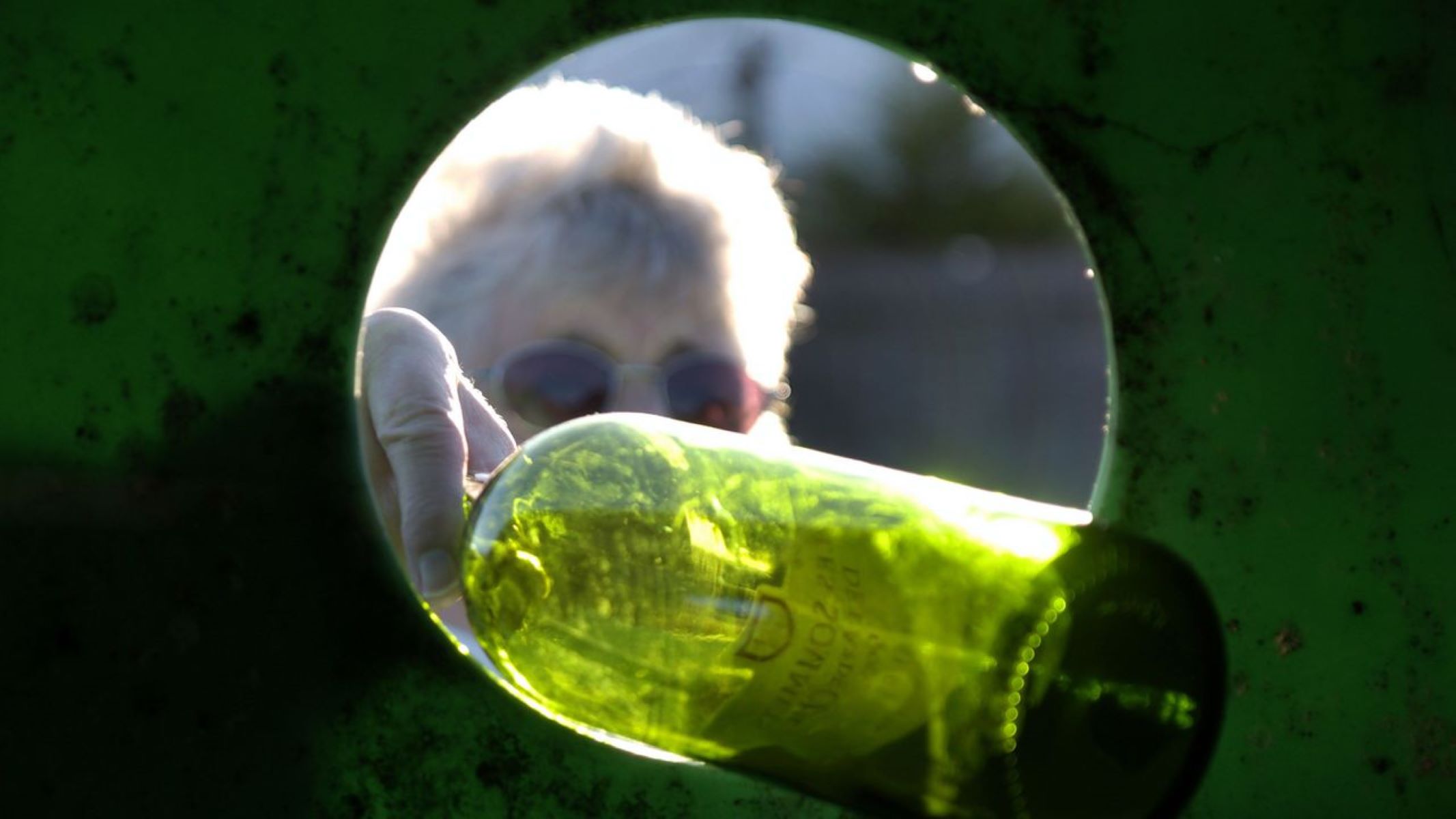
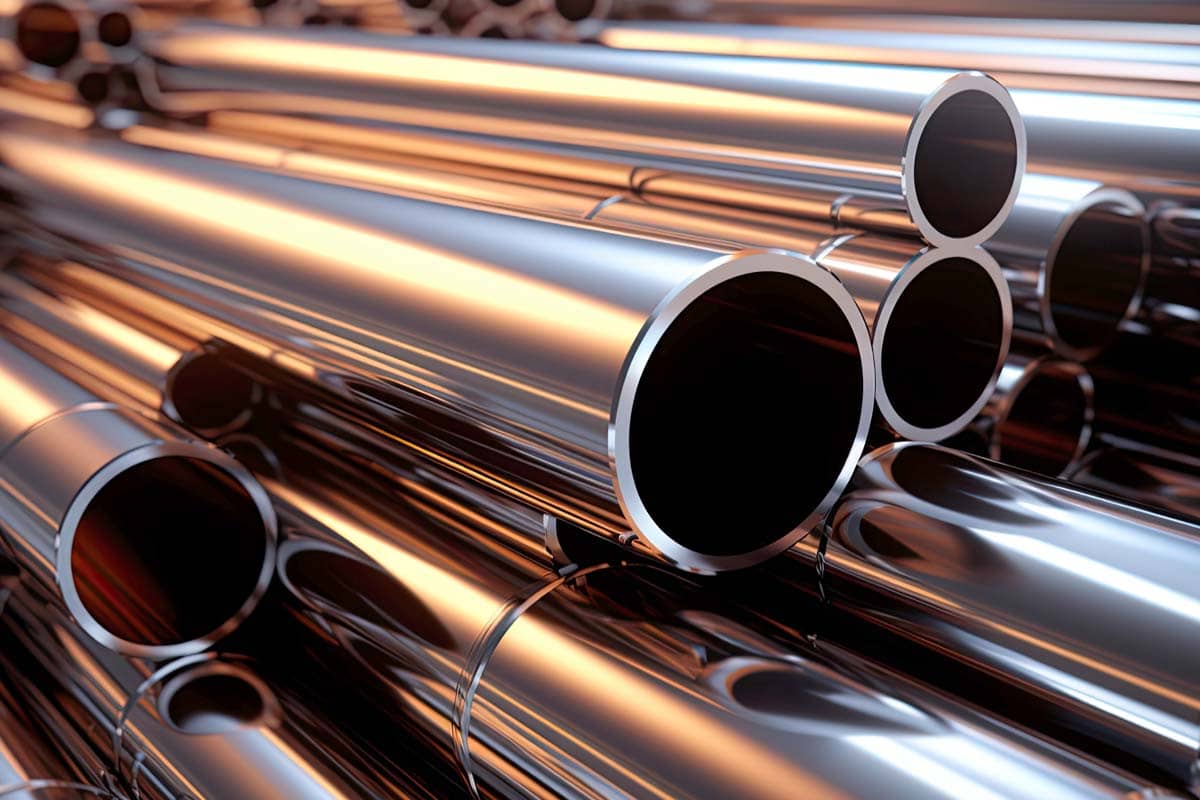
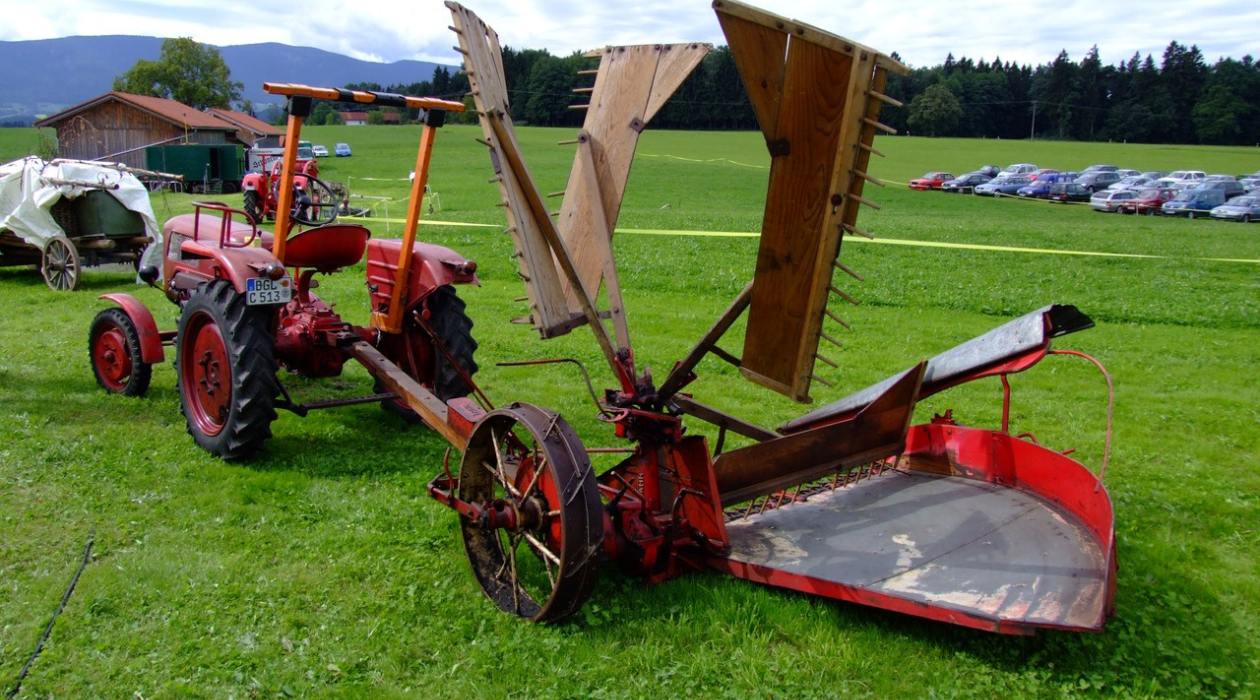

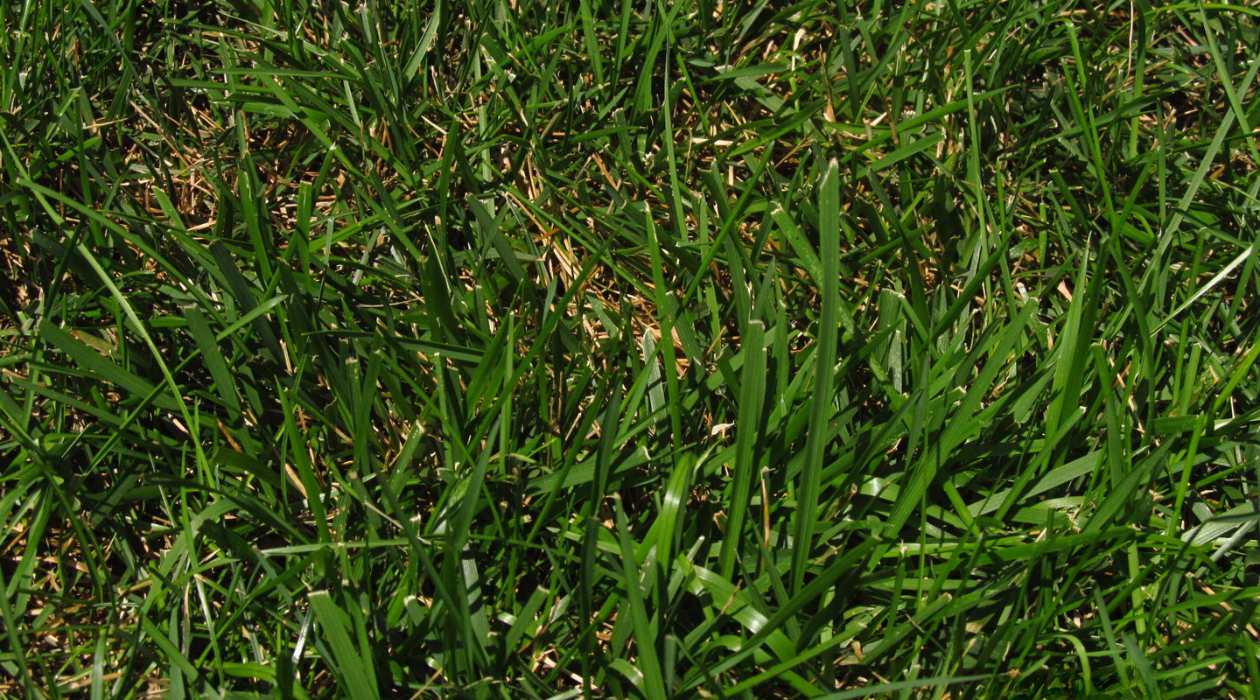
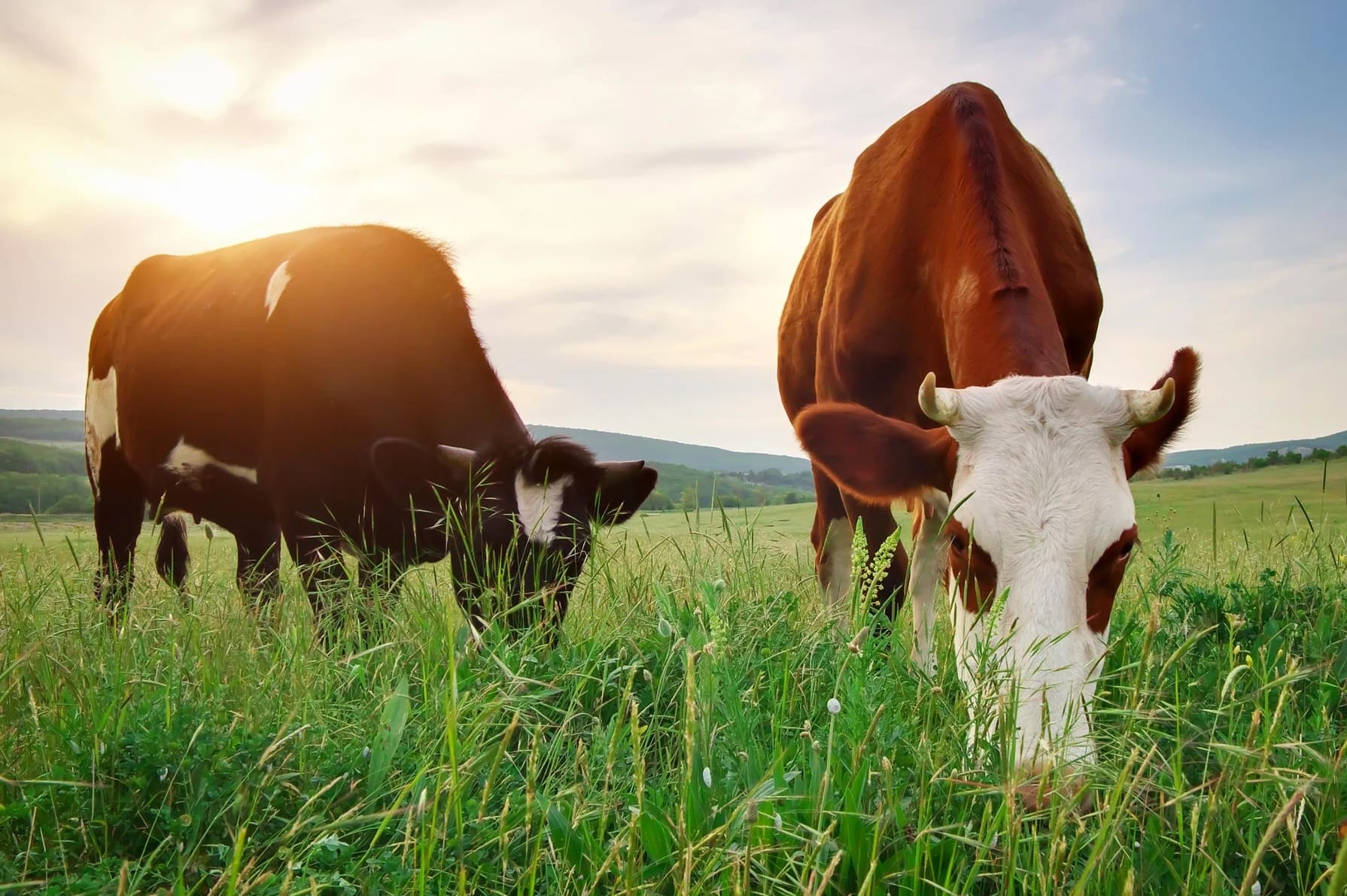
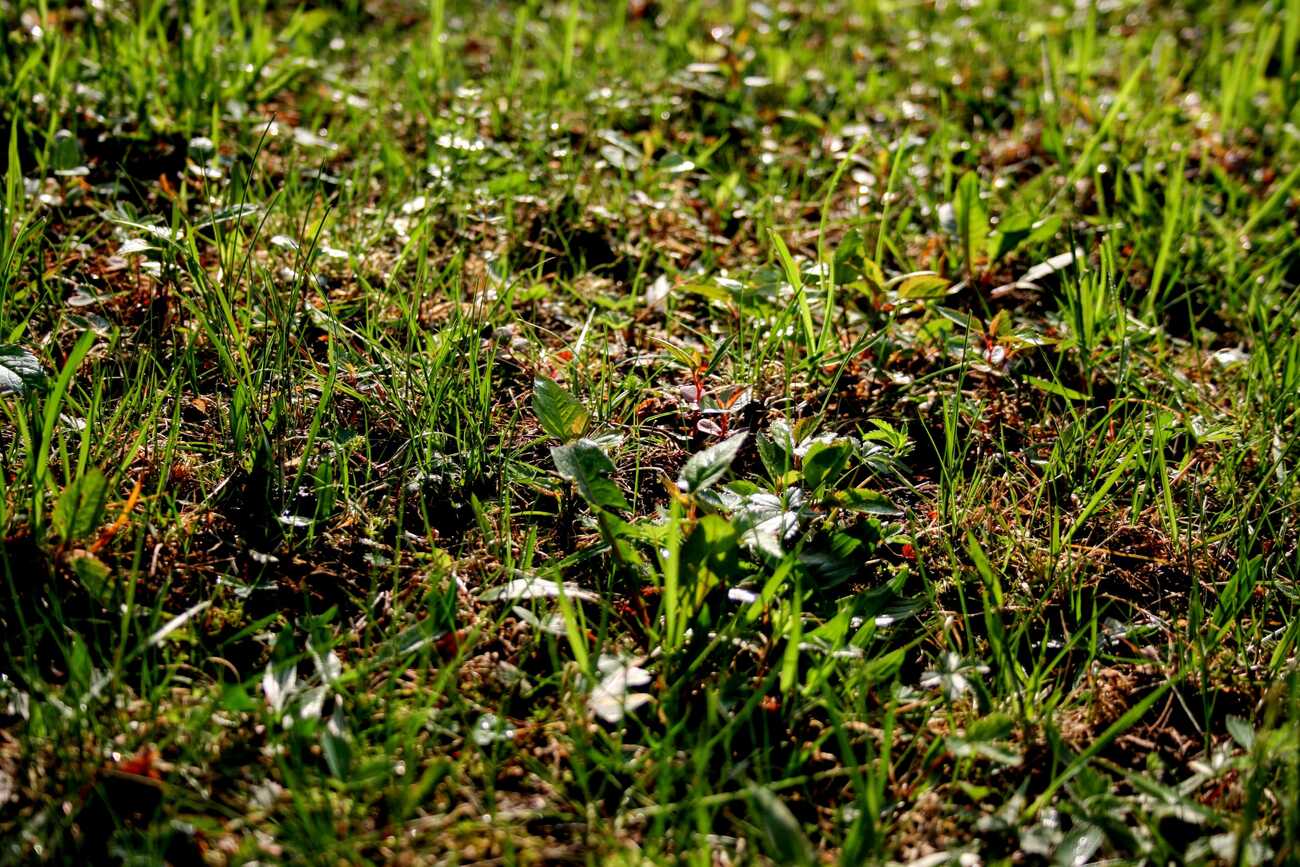

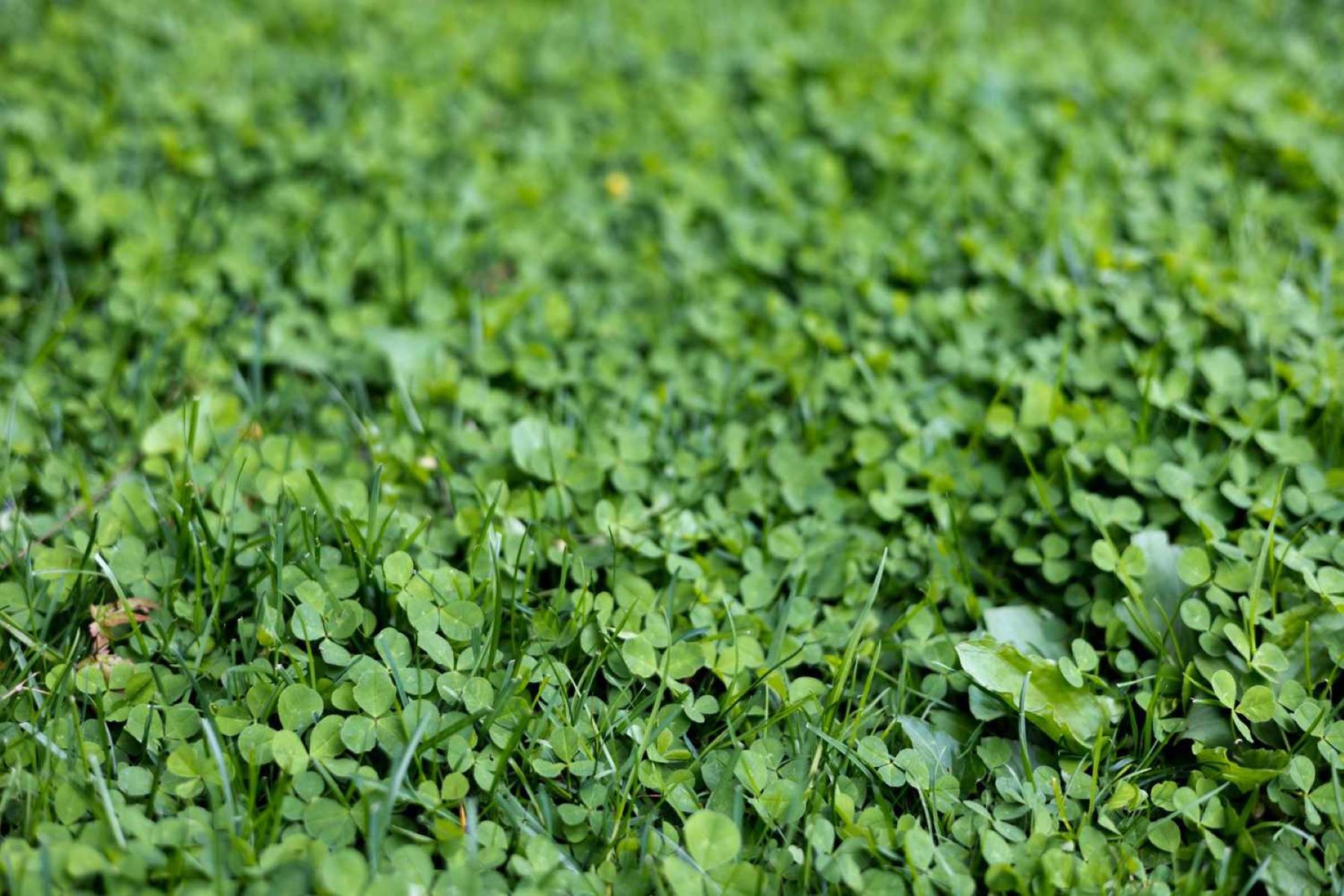


0 thoughts on “Why Is Clover Better Than Grass”